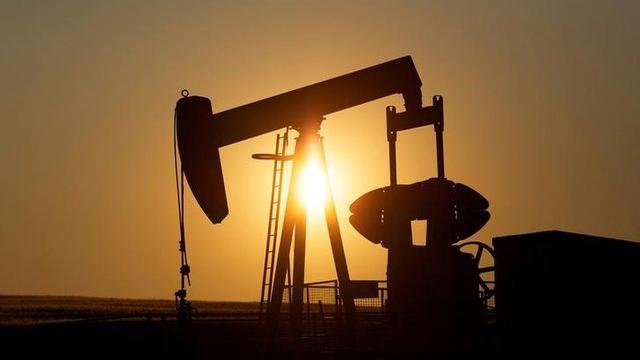American energy companies staying put in Venezuela can make world of difference
A complex issue involving Venezuela, the U.S., China, Russia and the world’s largest oil reserve is turning into an ugly international problem. Socialism has failed in Venezuela, and embattled President Nicolas Maduro has watched his country erode into complete chaos and near total economic collapse.
President Trump correctly imposed tough economic sanctions in an effort to force an end to Maduro’s brutal regime, but China and Russia have been countering these efforts by sending billions into Venezuela to help Maduro maintain power. Subsequently, the president is exploring options of penalizing Russia and China if they continue to back Maduro’s failed government.
What hangs in the balance is a global energy asset of between 300 and 500 billion barrels of recoverable oil, oil that China and Russia very much hope to control. Venezuela sits atop the world’s largest oil reserves, and the question of which nation has access to these vast oil supplies is a critical international issue.
Maduro has allowed Russia and China to establish a presence in his country, and there is growing concern he will cede control of much of Venezuela’s oil industry to one or both nations in his bid to maintain power.
American energy companies have been operating in Venezuela since 1920, and the Trump administration made a good call in recently in granting several U.S. energy companies a 90-day waiver to continue doing so.
This was a tough call for sure as there are strong arguments on both sides of the issue. On the one hand, the Trump administration is doing all it can, rightfully so, to bring an end to the nightmarish and inhumane reign of the Nicolas Maduro administration.
One way to hasten that downfall is to tighten the screws on Venezuela’s state run oil enterprise. That makes sense as it is about the only remaining industry left that is making money in this energy-rich nation.
Oil revenues are already down by about 70 percent since 2015 and rig counts are at a record low, due to sanctions and overall bureaucratic incompetence at the state-owned energy company. When the oil revenue stops flowing, the Maduro presidency will surely topple - if not sooner.
So the Trump sanctions are working and are supported by Juan Guaidó, the Venezuela president in waiting, as recognized by the United States. Stopping U.S. production in Venezuela could have short term foreign policy benefits, but in the longer run, securing a reliable U.S. commercial presence in this nation so close to home is of strategic benefit.
Companies like Chevron and Baker-Hughes have a decades-long presence in this now desperately poor country. They can be critical partners in the revival of the economy by helping ramp-up energy output and rebuild the infrastructure of the nation. The oil fields in Venezuela, if properly managed and developed, could match or exceed those of the Permian Basin in Texas.
| Ticker | Security | Last | Change | Change % |
|---|---|---|---|---|
| CVX | CHEVRON CORP. | 184.91 | +1.05 | +0.57% |
| BHGE | NO DATA AVAILABLE | - | - | - |
The Trump administration’s economic team understands all this. If American companies are forced to withdraw and forfeit their assets, China and Russia will swoop into the region - as they are already attempting to do.
The safe long-term bet to ensure the economic and national security of the region and to improve the lives of the millions of victims of socialism in Caracas is to discourage a wholesale U.S. commercial retreat from this geographically important and asset-rich nation.
CLICK HERE TO GET THE FOX BUSINESS APP
The Maduro government's days are numbered. The key to a secure and prosperous Venezuela is to take smart steps now to make sure the incoming administration has all the tools to make sure socialism, communism, and Chavezism never rears its ugly head here again.
Stephen Moore served as a senior economic advisor to Donald Trump and is an economic consultant with Freedom Works. His latest book is "Trumponomics: Inside the America First Plan to Revive Our Economy."




















